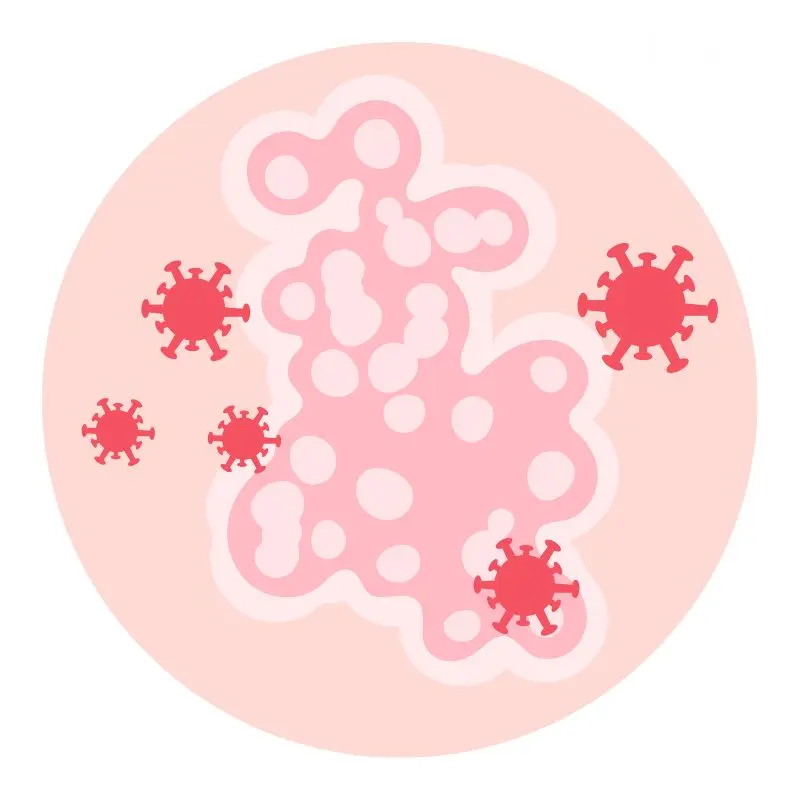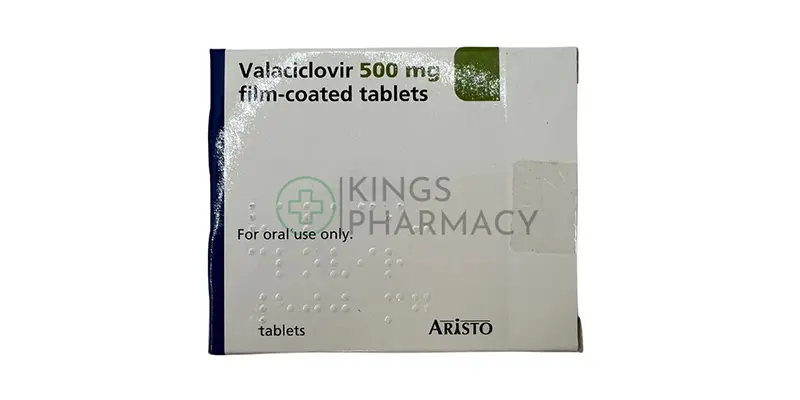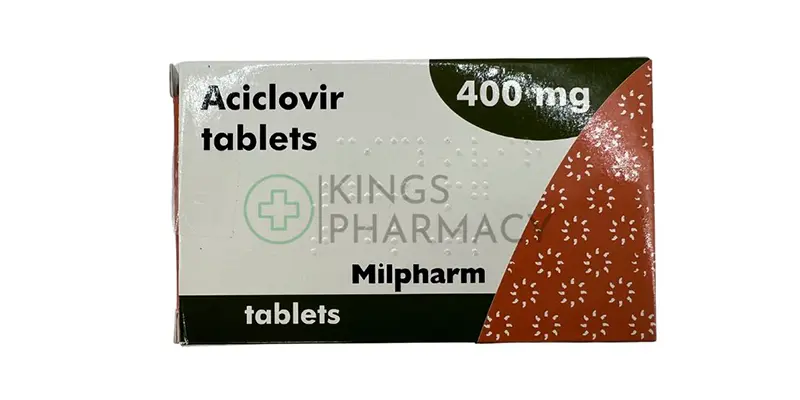
About Us
Genital Herpes
Genital herpes is a sexually transmitted infection caused by the herpes simplex virus (HSV-1 or HSV-2). It results in painful sores and blisters in the genital area. Medicated treatments, such as antiviral drugs like aciclovir and valaciclovir/Valtrex, can help manage outbreaks by reducing the severity and duration of symptoms. These medications can also be used as suppressive therapy to lower the frequency of recurrences. Early and consistent treatment is crucial for managing symptoms and reducing the risk of transmission to partners.
Genital herpes is a common sexually transmitted infection (STI) caused by the herpes simplex virus (HSV). There are two types of HSV: HSV-1, which often causes cold sores around the mouth, and HSV-2, which primarily causes genital herpes. However, both types can infect the genital area.
Symptoms
Many people with genital herpes may not show symptoms or may have very mild symptoms that can be mistaken for other skin conditions. When symptoms do occur, they may include:
- Painful blisters or sores on the genitals, rectum, or surrounding areas
- Itching or tingling in the genital area
- Painful urination
- Flu-like symptoms (fever, swollen glands, aches)
These symptoms typically appear within two weeks of exposure. After the first outbreak, the virus remains in the body and can cause future outbreaks. Recurrences are often milder and shorter than the initial outbreak.
How it Spreads
Genital herpes is mainly spread through:
- Vaginal, anal, or oral sex with someone who has the virus
- Skin-to-skin contact, even if there are no visible sores
Diagnosis
A healthcare provider can diagnose genital herpes by examining sores if present and may perform a swab test on an open sore. Blood tests can also detect antibodies to the herpes virus, which may indicate a past infection.
Treatment
While there is no cure for herpes, antiviral medications (such as aciclovir, valaciclovir, or famciclovir) can help:
- Reduce the severity and duration of symptoms during outbreaks
- Lower the frequency of future outbreaks
- Minimise the risk of transmission to sexual partners
Self-Care and Management
- Keep the area clean and dry: Gently wash the affected area with water and mild soap.
- Wear loose clothing to avoid irritation.
- Avoid touching the sores and wash hands thoroughly if you do touch them.
- Use over-the-counter pain relief if needed for discomfort.
Preventing Transmission
- Use condoms consistently, although they do not fully protect against herpes.
- Avoid sexual contact during outbreaks or if you feel early symptoms (tingling or itching).
- Talk to your partner(s) about your infection and discuss ways to reduce the risk of transmission.
Pregnancy and Herpes
If you are pregnant and have genital herpes, inform your healthcare provider. While most women with herpes have healthy pregnancies and deliveries, active herpes can pose risks to the baby during delivery. Your healthcare provider will discuss appropriate steps to protect your baby, including antiviral medication or possibly a caesarean delivery if needed.
Emotional Wellbeing
A herpes diagnosis can be distressing, but many people find support through:
- Counselling or support groups for STIs
- Talking openly with partners
- Understanding that herpes is common and manageable
When to Seek Medical Advice
- If you experience symptoms of genital herpes
- If you have severe or frequent outbreaks
- If you’re pregnant and have herpes
- If you’re feeling anxious or distressed about your diagnosis
Further Support
For more information or support, you can contact:
- Sexual Health Clinics – They offer confidential advice, testing, and treatment.
- NHS Services – NHS provides information and may refer you to specialist support.
- Terrence Higgins Trust – A UK-based charity offering support and advice for people with herpes and other STIs.
Genital herpes is a manageable condition, and with the right care and precautions, you can lead a healthy and fulfilling life.






